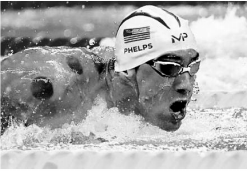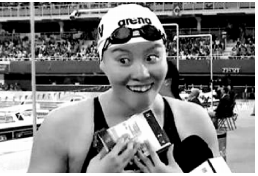题目内容
8.The warm weather outside may look perfect for outdoor exercise.But for those (61)whoare not that sporty,what could be nicer than (62)having(have) a relaxing afternoon tea with a few good friends and taking a break?But are you familiar (63)withthe culture of afternoon tea-(64)its(it) origins,and the proper etiquette (礼仪)?We sum up a few things you need to know about this (65)traditional(tradition) English custom so that you can enjoy it more.While the tradition of drinking tea dates back to about 3,000BC in China,it was not until the mid-17th century (66)that the concept of"afternoon tea"first appeared in the UK.
In 1840,Anna Maria Russell,the seventh Duchess of Bedford,started asking for a tea tray with butter,bread and cakes at 4pm every day,as she found she was hungry at this time every day,and the evening meal in her household was served (67)usually(usual) late at 8pm.She found this new habit difficult (68)to break(break) and soon invited other ladies in society to join her.This pause for tea quickly (69)became(become) a fashionable social event.In (70)the1880s,the women from upper class and society would put on gowns,gloves and hats for their afternoon tea.
分析 本文讲述了下午茶的起源以及教人们如何喝下午茶.
解答 61.who 考查定语从句.分析句子结构可知这是一个定语从句,先行词those在从句中作主语,用关系代词who.
62.having 考查动名词.and是并列连词,它前后连接两个相同的语法成分,having a relaxing afternoon tea with a few good friends和taking a break都是动名词.
63.with 考查固定搭配.be familiar with意为"熟悉",是固定搭配.
64.its 考查代词.origins是名词,其前用形容词性物主代词修饰作定语.
65.traditional 考查形容词.custom是名词,要用形容词作定语.
66.that 考查强调句.英语强调句型:It is/was+被强调部分(通常是主语、宾语或状语)+that/who(当强调主语且主语指人)+其他部分.
67.usually 考查副词. serve是动词,要用副词修饰.
68.to break 考查动词不定式."形容词+不定式"结构作后置定语修饰habit.
69.became 考查动词时态.此处讲述的是过去的事情,要用一般过去时态.
70.the 考查冠词.表示"年代"的词加定冠词表示特指.
点评 在一篇200词左右的语篇(短文或对话)中留出10处空白,部分空白的后面给出单词的基本形式,要求考生根据上下文填写空白处所需的内容或所提供单词的正确形式,所填写词语不得多于3个单词.要做好语法填空题,理解短文是解题的前提,扎实的词汇、句型和语法知识是基础,英语国家的背景知识是必要的补充.考生须灵活运用语法知识,如单词词性、单词时态、名词单复数、连接词、代词、冠词等判断各空白处应填写的内容.答完后,还要通读全文,核对所填单词形式是否正确,是否符合语境.

 阅读快车系列答案
阅读快车系列答案| A. | hanging on | B. | catching on | C. | moving on | D. | holding on |
-Yes,but I would rather you there,too.( )
| A. | went | B. | had gone | C. | should go | D. | would have gone |


